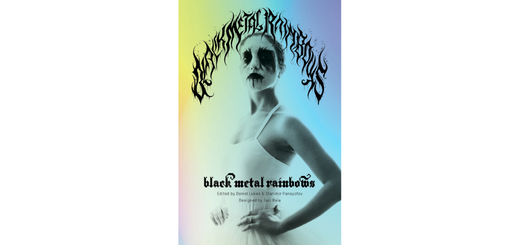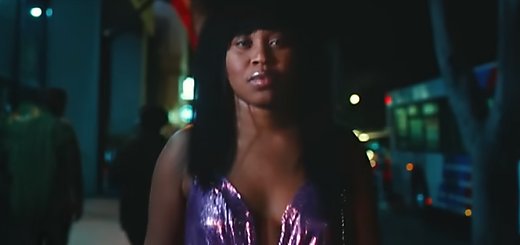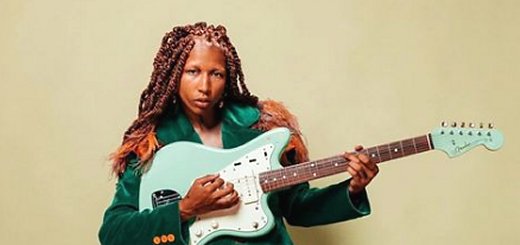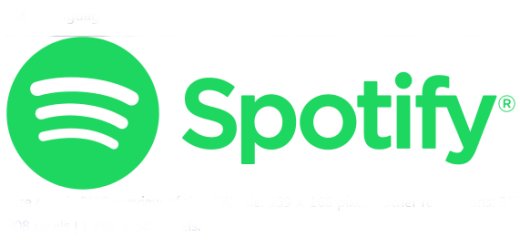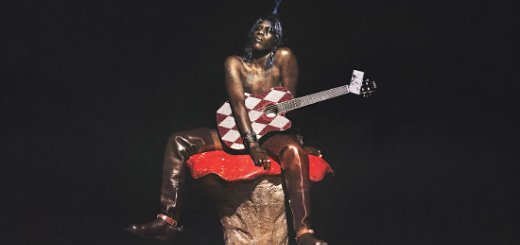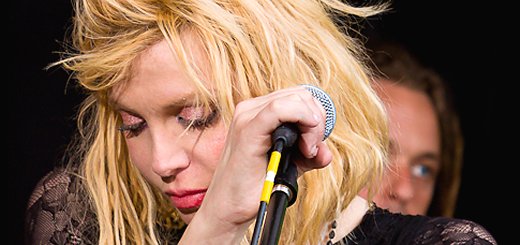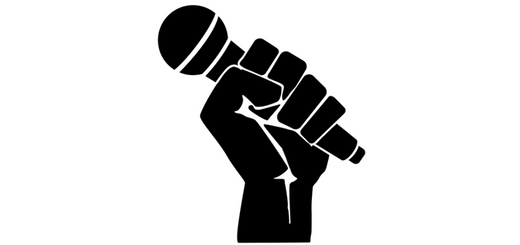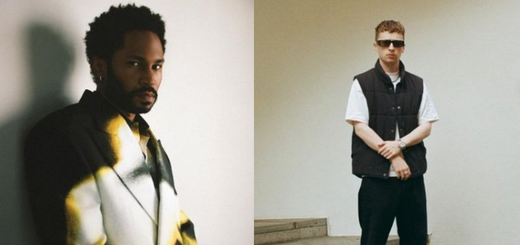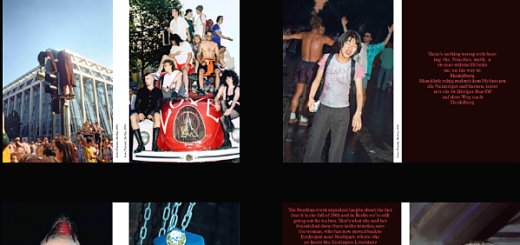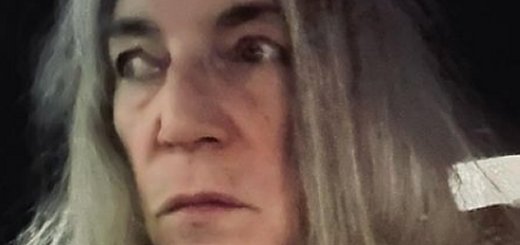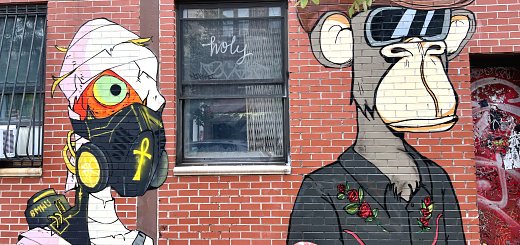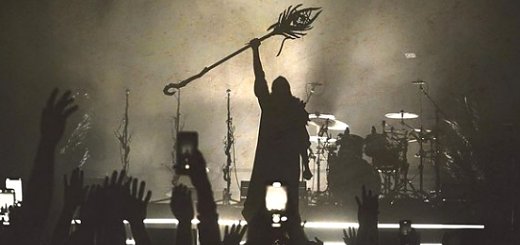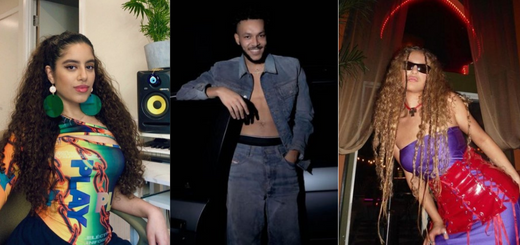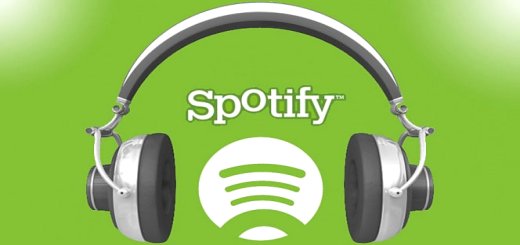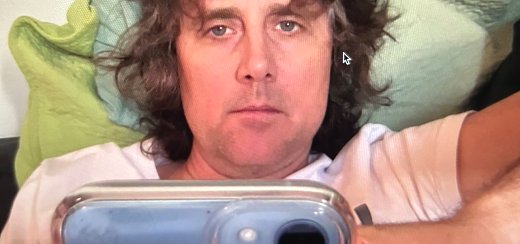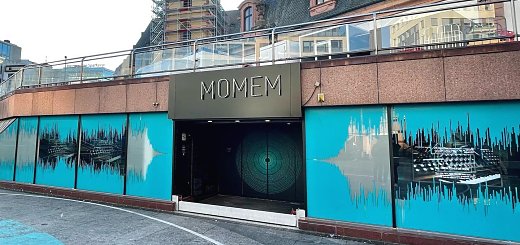The Cure’s Robert Smith convinces Ticketmaster to refund "unduly high" fees
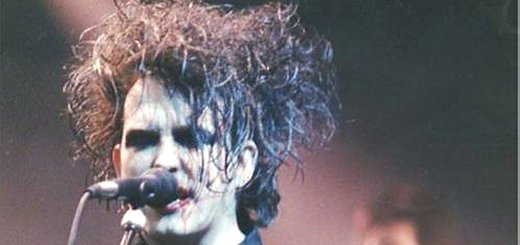
Ticketmaster will refund some of its fees to The Cure fans buying tickets for their US tour, after frontman Robert Smith contacted Ticketmaster over their “unduly high” fees that were, in certain cases, adding up to more than the price of a ticket, Upworthy reports. The Cure had purposefully kept tickets affordable, with some as low as $20, but fans had to pay the service fee of $11.65 per ticket and a facility charge of $10, plus an overall order processing fee of $5.50, adding up to more than the price of a ticket. “After further conversation, Ticketmaster have agreed with us that many of the fees being charged are unduly high, and as a gesture of goodwill have offered a $10 per ticket refund to all verified fan accounts for lowest ticket price (‘ltp’) transactions,” he wrote. Ticketmaster would also issue a $5 refund per ticket for any show on the US tour for all fans who bought more expensive tickets. The band had chosen to use Ticketmaster in order to combat scalping, but had declined to participate in the company’s dynamic pricing and Platinum ticket schemes as they did not want ticket prices to be “instantly and horribly distorted by resale”.

